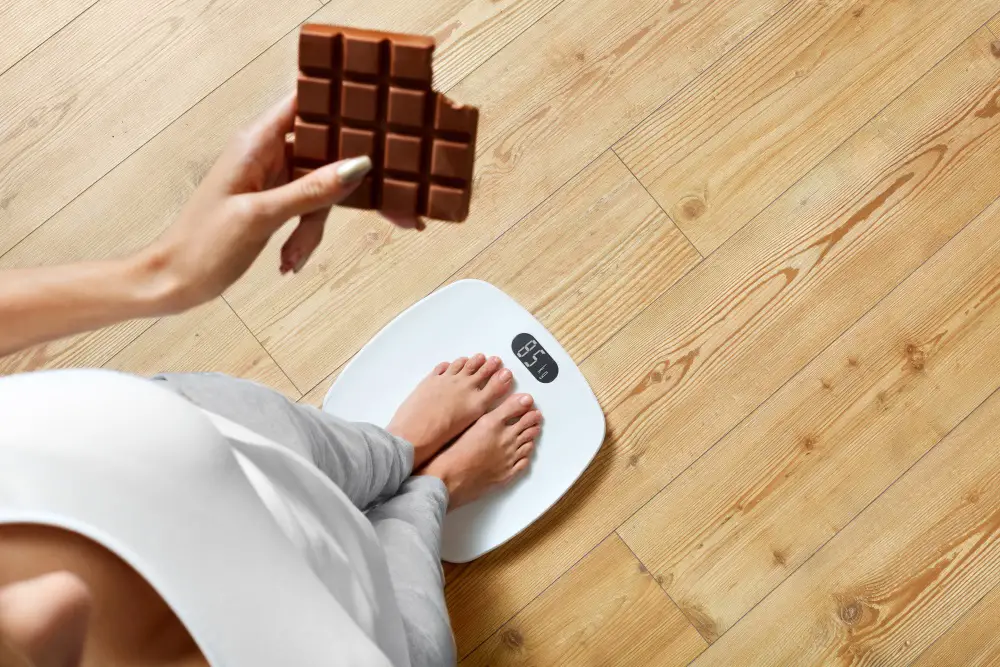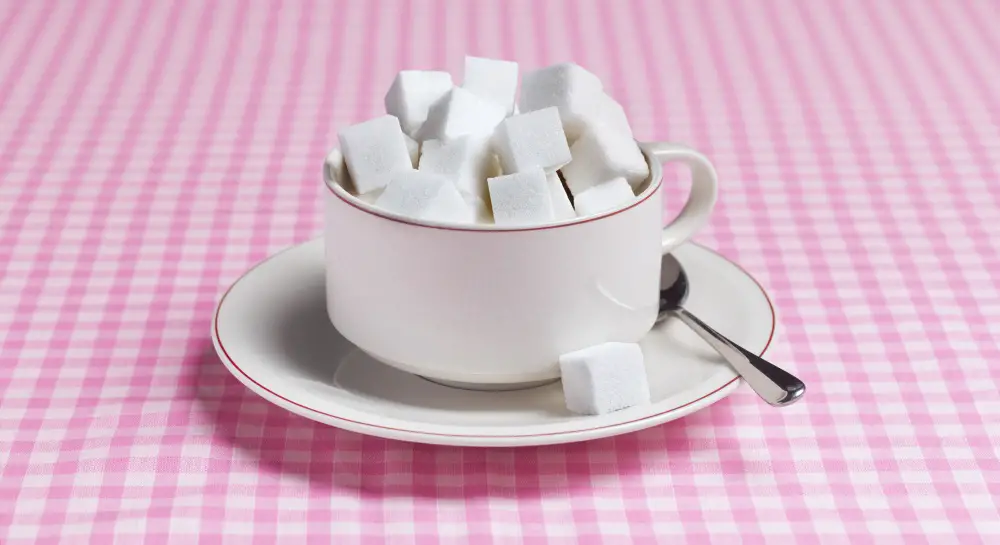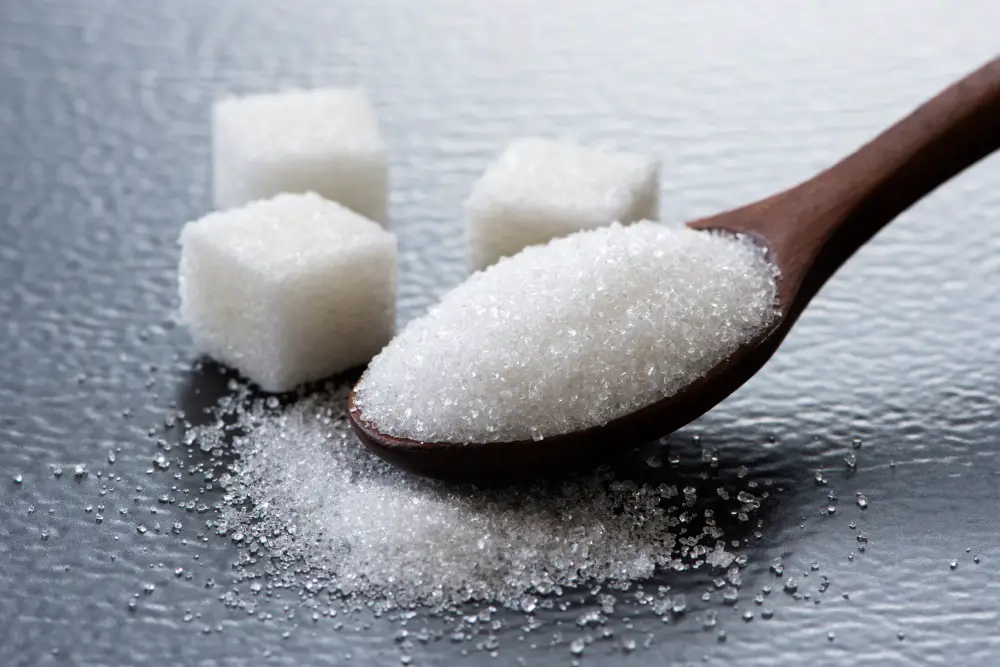Sugar is one of the most common ingredients of food, and it’s not exactly the healthiest thing you can eat. It’s tasty and also super addictive due to the fact that it causes opioid receptors in the brain to activate. It makes us feel great emotionally in the short term although it can have negative side effects like hormonal imbalances, headaches and energy crashes.
Still, it’s important to note that processed sugars are different from refined sugars. Natural sugars can be found in foods like unsweetened milk, fruit and honey and they can contain minerals and vitamins. Meanwhile, refined sugars which are known as sucrose, are high in calories and don’t have nutritional value. Baked goods and soda are common culprits. These processed sugars can lead to a roller coaster effect on blood sugars. When you stop eating it, many things happen to your body and brain.
1. There’s a tough transition period
If you regularly treat yourself to soda, candies or dessert with some tea after dinner, weaning yourself off sugar isn’t as easy as going cold turkey. Instead, studies show that the effects are similar to people weaning themselves off drugs. Side effects can include an irritable mood, headaches, tiredness and brain fog as well as an upset stomach.

2. Expect mood changes
When we eat sugar, it releases hormones that make us feel good. They’re called dopamine and serotonin. This happiness is only temporary, though. When it stops, the body goes through withdrawal and starts to feel cranky within the first few days. Some people even experience a temporary feeling of sadness due to their adjusting levels of dopamine, glucose and serotonin but this should subside after a week or two. After kicking sugar to the curb, you might feel more consistently happy than you were whilst addicted to sugar.

3. Your sleep might improve
After cutting sugar out of your diet, you may experience your body sleeping more deeply. Foods high in refined sugars can reduce the amount of slow-wave sleep, which is the deep, restorative level of sleep that consolidates memories and daily information learned. It also reduces the amount of REM sleep, otherwise known as the dream phase. Therefore, less sugar means less tossing and turning and a more refreshed feeling upon waking up.

4. You may experience weight loss
Eating excessive sugar may cause weight gain, but sugar itself doesn’t make you pile on the pounds. A few factors can contribute, and reducing sugar intake is one of them. When sugar is eliminated or reduced, fat storage declines and it causes weight loss. This can happen subtly over time rather than showing up in fast, significant results. If you do want that, consider adding exercise to your routine as well as minding your sugar intake.

5. Less skin inflammation
Processed sugar is one of the most common culprits when it comes to acne and inflamed skin. Cookies, cake and chocolate bars are all foods that cause insulin spikes and hence cause skin irritation. This causes elasticity and collagen to be damaged within the skin, leading to wrinkles, sagging, acne and even rosacea. Reducing sugar intake will re-strengthen those things and reduce inflammation, resulting in clear, gorgeous skin.

6. Lower risk of getting diabetes
Type 2 diabetes is caused by over-consuming sugar. To lower your risk, you can reduce the amount of processed sugar you consume. Eating many sweets can spike blood sugar levels, and this can cause insulin resistance. The result is disastrous for your pancreas, liver and other organs.

7. You won’t get sick as often
Less sugar in your body means a stronger immune system. Eating high levels of sugar is tied to chronic inflammation and it’s also known to lower your immune response, making you more likely to get colds, flus and even COVID-19. Eating less sugar means stronger white blood cells. This means you’re way less likely to get sick, which is a big win!

8. You’ll have better breath and healthier teeth
Sugar causes bacteria growth in our mouth that’s responsible for stinky breath. In a way, your sweet tooth is not very sweet — it smells gross, and cutting back on it means a more pleasant experience for whomever you’re kissing. Sugar is also linked to cavities and tooth decay, so eating less sugar means healthier teeth.









